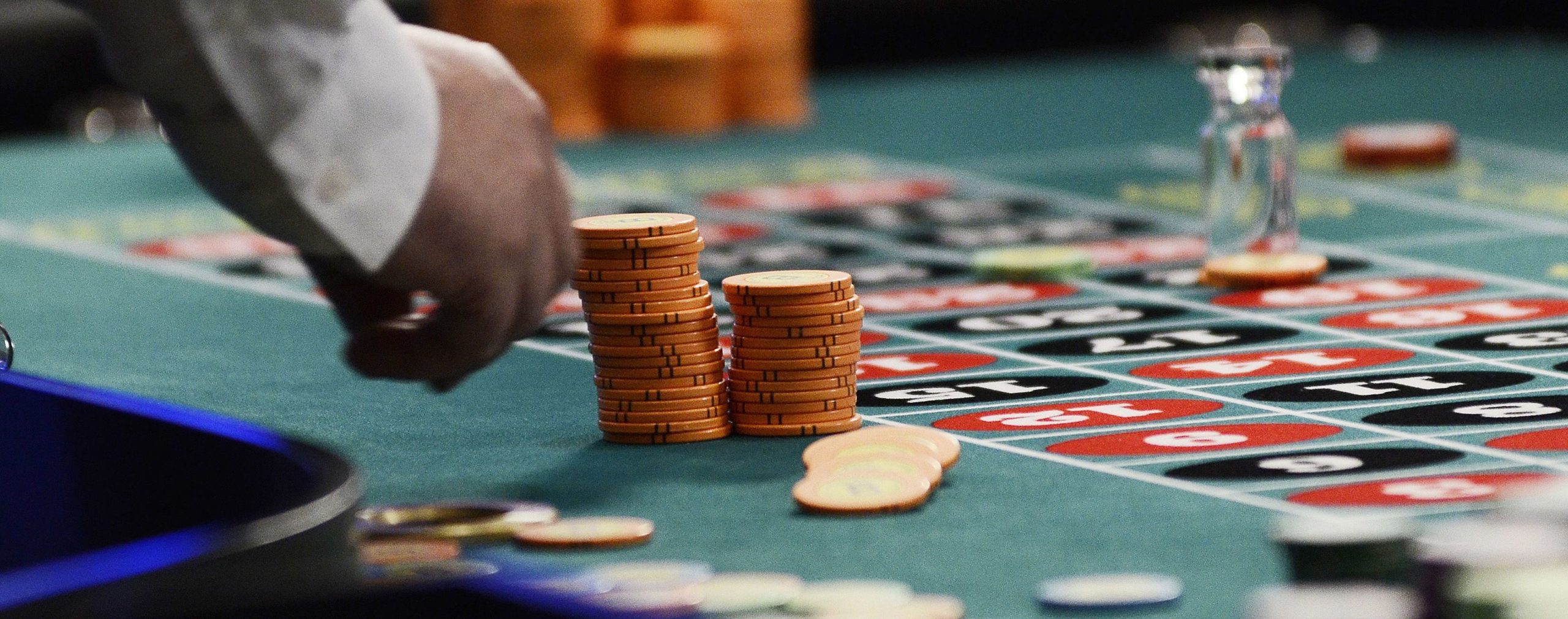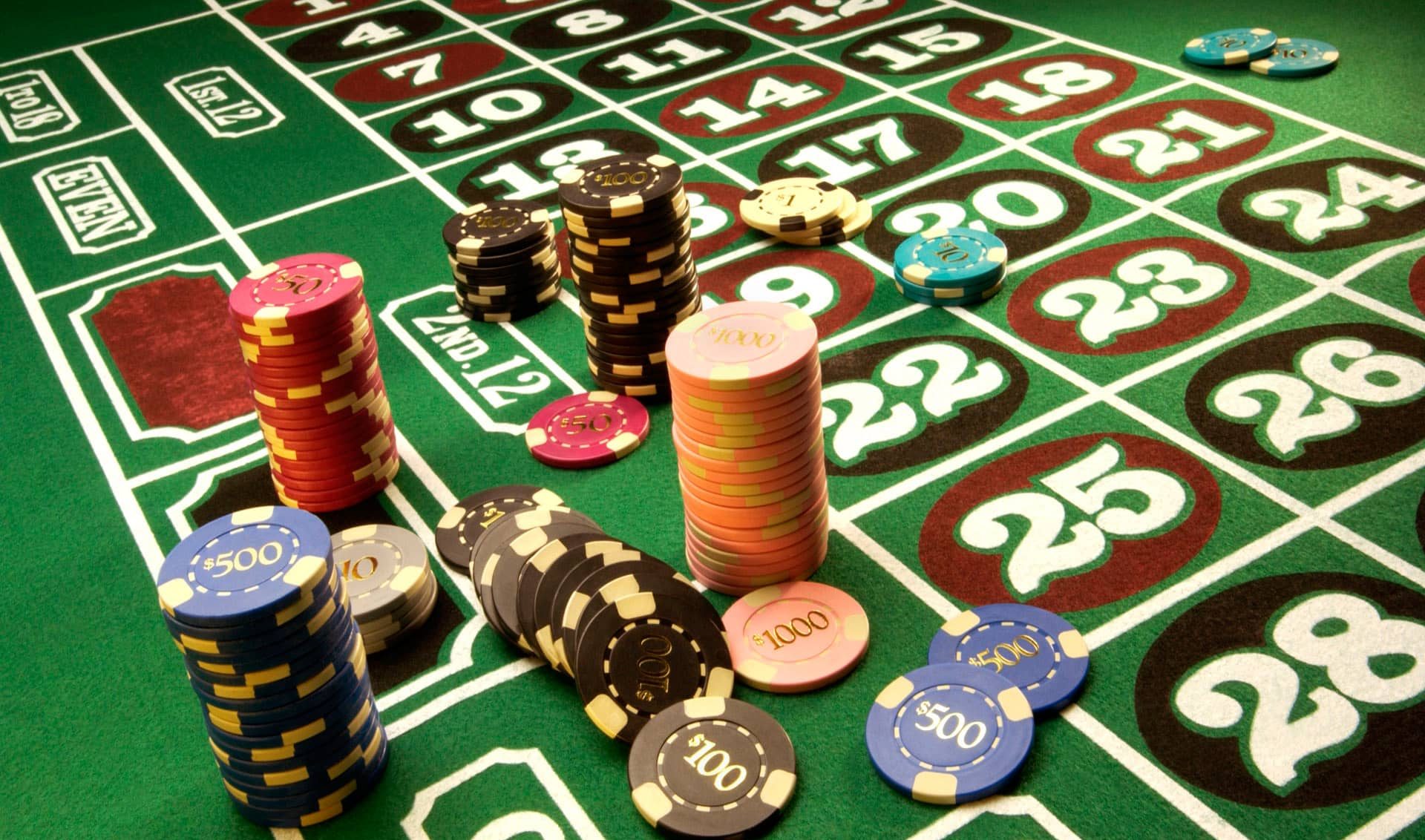
The debate surrounding the legalization of casinos in Brazil extends beyond economic considerations to encompass broader social justice and equity issues. While proponents argue that casinos can stimulate economic growth and create jobs, critics raise concerns about the potential negative impacts on marginalized communities, vulnerable populations, and social inequalities. In this article, we will delve into the complex landscape of social justice and equity issues surrounding casino legalization in Brazil.
Marginalized Communities and Vulnerable Populations
One of the primary concerns surrounding casino legalization in Brazil is its potential impact on marginalized communities and vulnerable populations. Historically marginalized groups, including indigenous peoples, low-income individuals, and ethnic minorities, may bear the brunt of the negative social and economic consequences associated with the gambling industry. These communities are often disproportionately affected by issues such as poverty, unemployment, and addiction, making them more susceptible to the harms of problem gambling.
Economic Disparities and Social Inequality

The introduction of casinos into Brazilian society has the potential to exacerbate existing economic disparities and social inequalities. While casinos may create employment opportunities and generate tax revenue, these benefits may not be distributed equitably across society. Instead, they may concentrate wealth and resources in the hands of a few, widening the gap between the rich and the poor. Moreover, the social costs associated with problem gambling, such as financial ruin, family breakdown, and mental health issues, are disproportionately borne by vulnerable populations, further exacerbating social inequality.
Access to Opportunities and Resources
Another social justice issue surrounding casino legalization in Brazil (https://kingslotsbr.com/) is access to opportunities and resources. Casinos may create employment opportunities for local residents, but these opportunities may not be accessible to everyone, particularly those from disadvantaged backgrounds. Moreover, the concentration of casinos in certain regions may exacerbate regional disparities in access to economic opportunities, infrastructure, and public services. Additionally, the social and economic impacts of problem gambling may further limit access to education, healthcare, and social support systems for affected individuals and families.
Top 5 Online Casinos 2023
| Online Casino | Welcome Bonus | Game Selection | User Experience | Security & Trust | Overall Rating |
|---|---|---|---|---|---|
| 1. 888 Casino | 100% up to $200 + 25 Free Spins | ★★★★★ | ★★★★☆ | ★★★★★ | ★★★★★ |
| 2. LeoVegas | Up to $1000 + 200 Free Spins | ★★★★★ | ★★★★★ | ★★★★☆ | ★★★★★ |
| 3. Betway Casino | 100% up to $250 on First Deposit | ★★★★☆ | ★★★★☆ | ★★★★★ | ★★★★☆ |
| 4. Casumo | 100% up to $300 + 20 Free Spins | ★★★★☆ | ★★★★★ | ★★★★☆ | ★★★★☆ |
| 5. Rizk Casino | 100% up to $100 + 50 Free Spins | ★★★★☆ | ★★★★☆ | ★★★★☆ | ★★★★☆ |
Cultural Preservation and Identity
The cultural preservation and identity of indigenous peoples and other marginalized communities are also at risk in the face of casino legalization in Brazil. The commodification of indigenous culture for the purposes of entertainment and tourism may erode traditional values, beliefs, and practices, undermining the integrity of cultural heritage. Moreover, the displacement of indigenous communities from their ancestral lands to make way for casino developments can further marginalize and disempower these communities, threatening their cultural survival and self-determination.
Regulatory Safeguards and Social Responsibility

To address social justice and equity issues surrounding casino legalization in Brazil, robust regulatory safeguards and social responsibility measures are essential. Regulatory frameworks must prioritize the protection of vulnerable populations, promote inclusivity and diversity, and ensure that economic benefits are shared equitably across society. Additionally, casinos must uphold ethical standards, respect cultural diversity, and engage in meaningful consultation and collaboration with affected communities.
Community Engagement and Empowerment
Community engagement and empowerment are also critical for addressing social justice and equity issues in the context of casino legalization. Indigenous communities, low-income neighborhoods, and other marginalized groups must have a voice in decision-making processes related to casino developments, ensuring that their interests and concerns are heard and addressed. Moreover, communities should be empowered to participate in the economic benefits of casino developments through job training programs, economic development initiatives, and revenue-sharing agreements.
Striving for Equity and Inclusion
In conclusion, social justice and equity issues surrounding casino legalization in Brazil are complex and multifaceted, touching on issues of economic disparities, cultural preservation, and community well-being. By prioritizing equity, inclusivity, and social responsibility in the development and regulation of the gambling industry, Brazil can strive to create a more just and equitable society where the benefits and burdens of casino legalization are shared fairly among all members of society. Through collaboration, dialogue, and a commitment to social justice, Brazil can navigate the challenges of casino legalization while upholding the rights and dignity of its citizens.
Best casino slots in 2022 USA


300% Welcome Bonus |

Choose 100% Bonus |

Take 100% Welcome Bonus |

100% free spins |
